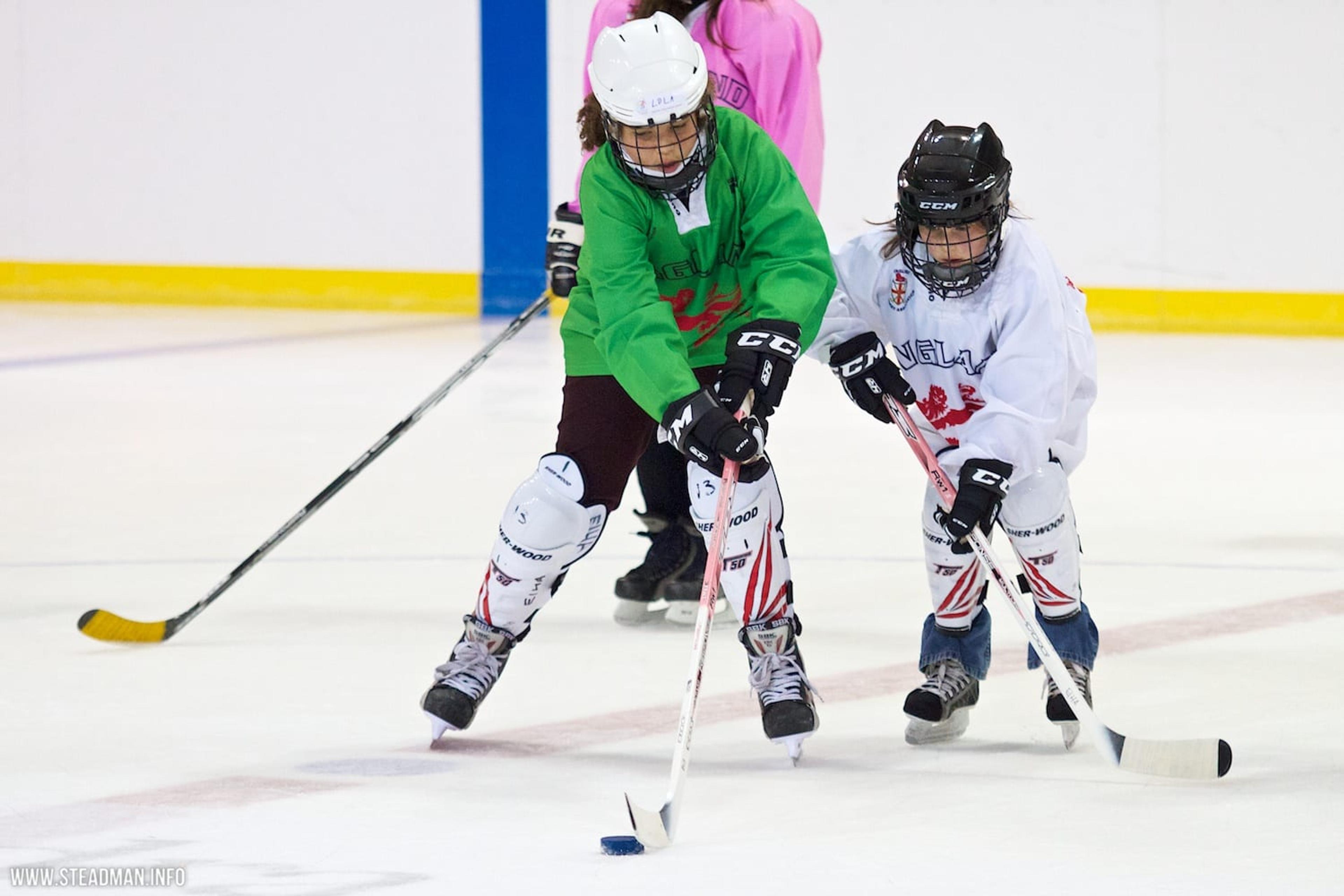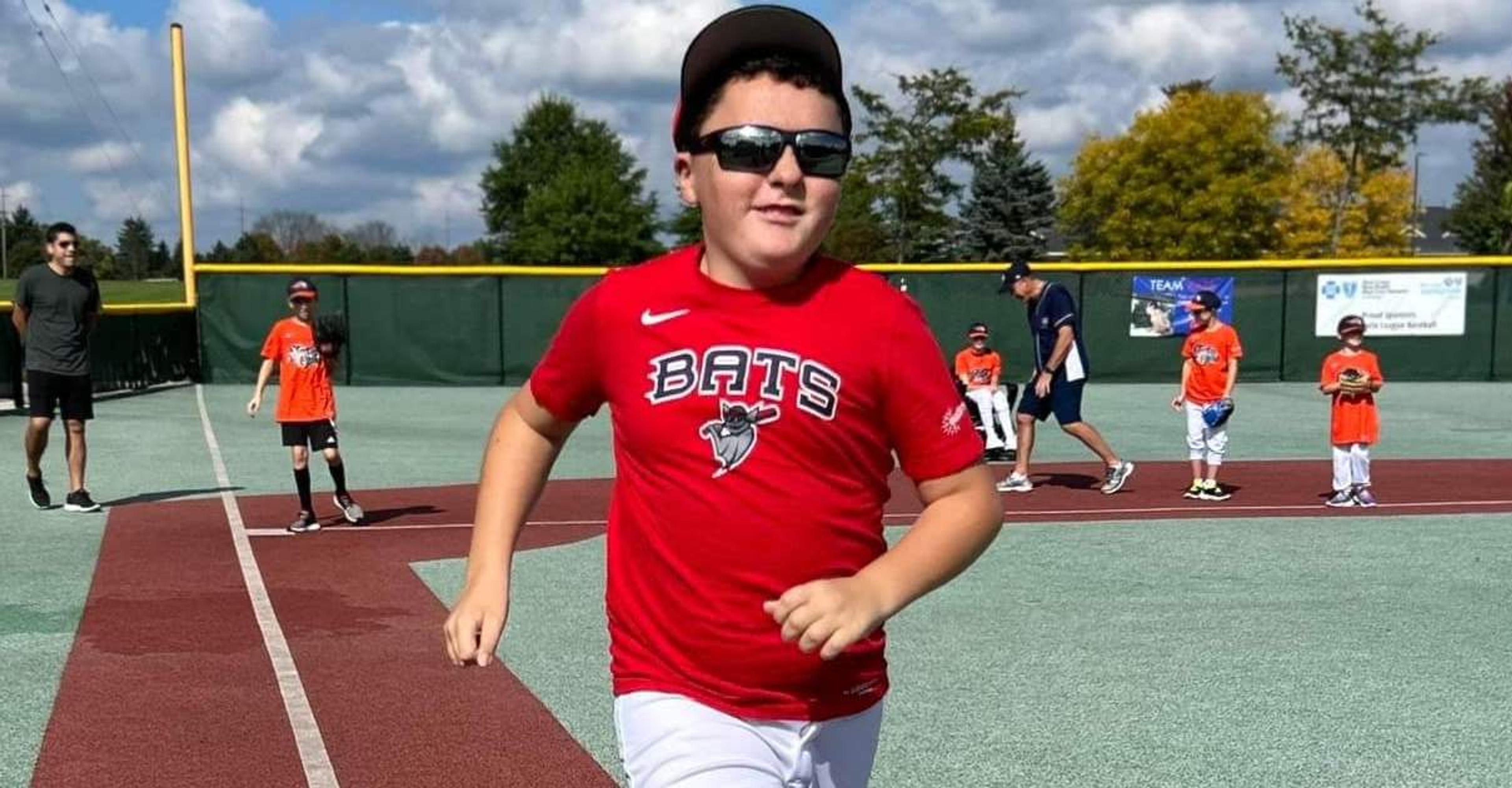
Not only has news media coverage of football-related concussions, also known as traumatic brain injuries (TBI), increased, but according to Blue Cross Blue Shield of Michigan medical claims data, the number of diagnosed concussions is also on the rise. And the statistics are shocking. Concussion diagnoses have increased by 40 percent since 2010 in the United States, and researchers with the Centers for Disease Control and Prevention estimate that 1.6 to 3.8 million concussions occur each year as a result of sports-related injuries. Even more concerning are the stats for teens: concussion diagnoses spiked 70 percent for patients ages 10 through 19 during the same time span. For this age group, the fall months are peak concussion season (especially for boys), which makes now the perfect time to get more educated on these types of injuries. A concussion is a traumatic brain injury that is usually caused by a blow, bump or jolt to the head (it can also result from a hit to the body). If your child is playing sports this fall—not just the classic contact sports like football, but also soccer, basketball, hockey, and any other sport that involves contact or the potential for falls (cheerleading, gymnastics) or collision – you should be aware of this serious injury. Despite heightened awareness and increased regulations throughout the U.S., there’s still a significant variation in how many concussions are diagnosed and addressed from state to state. As a result, more research and studies are needed to look at the differences between state regulations, their implementation, and participation rates in contact sports. The hope is that with better understanding about what is and isn’t working; concussion rates across the country can go down. This is important for Michiganders, where concussion diagnoses have increased by 50 percent from 2010 to 2015. If your child plays youth sports, it’s important to practice caution and know the symptoms. Coaches are generally aware of this major risk factor, but there needs to be a plan in place for immediate action if a concussion is suspected, including ensuring the individual does not return to the activity. Be sure to seek medical attention immediately if there is concern that the child has suffered a concussion. To learn more about the injury, check these out:
Smart ER: Where and When to Go? Photo Credit: davidgsteadman





